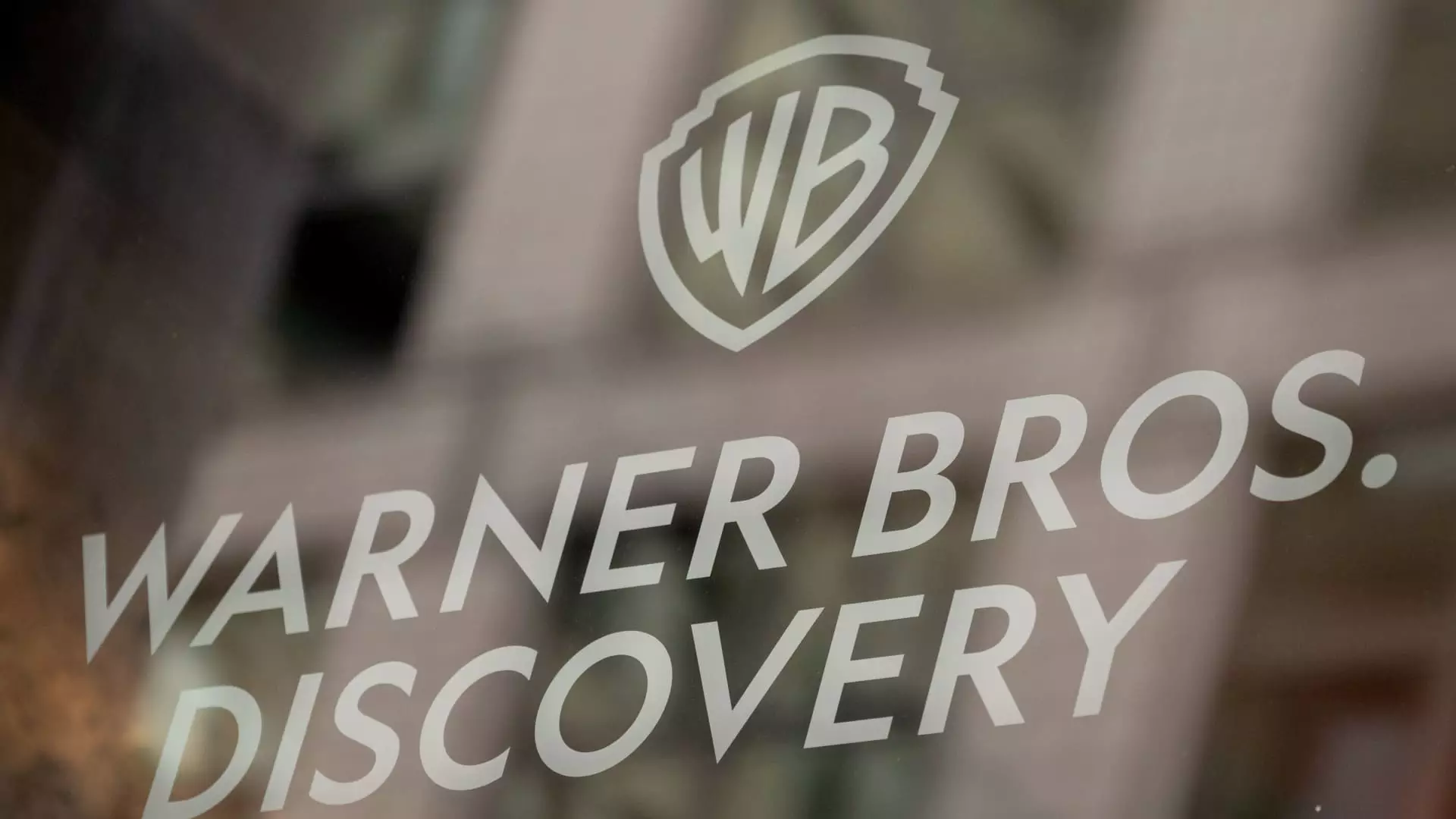The recent buzz about Paramount Skydance potentially acquiring Warner Bros. Discovery (WBD) reveals more about the industry’s desperate hunger for dominance than about a sustainable future. On the surface, mergers like this seem to promise a new era of competition, but beneath the surface, they reveal a pattern of relentless consolidation that threatens to undermine diversity, innovation, and the very consumer interests that should be at the heart of media evolution. Instead of fostering healthy growth, such ambitions often result in monopolistic entities wielding unchecked power, stifling smaller voices, and perpetuating a cycle where content becomes more about market share than meaningful storytelling.
The hype surrounding a possible all-cash bid for WBD reveals an underlying obsession with size over substance. It hints at an industry that believes that *more* necessarily equates to *better*, a fallacy that ignores the nuanced needs of the modern viewer. By combining two media giants—each holding extensive assets in traditional and streaming entertainment—the industry risks creating a monolithic conglomerate that could dominate discourse, skew markets, and marginalize independent creators. Is this the path toward a vibrant, innovative media landscape, or a step toward homogenized content that appeals only to the lowest common denominator?
The willingness of these companies to entertain such mergers reflects a broader crisis of confidence in their ability to adapt organically to digital disruption. Instead of rethinking their core models, they opt for sweeping acquisitions that consolidate control, often sidestepping meaningful reforms that could benefit viewers and creators alike. This “bigger is better” mentality is ultimately a defensive move—a way to preserve relevance amid rapidly changing consumer habits—yet it is built on a shaky foundation prone to collapse under the weight of its own hubris.
From Competition to Domination: The Toll on Creativity and Consumer Choice
A merger on this scale would go far beyond strategic expansion; it would instantiate a new media empire capable of scripting the future of entertainment and news. The acquisition of iconic franchises like Harry Potter, DC Comics, and The Lord of the Rings, combined with vast sports rights portfolios, sounds like a dream of dominance. But such power presents an alarming threat: it could foreclose the diversity of voices and challenge the very essence of free-market competition.
While proponents may argue that consolidation leads to efficiencies and better content, the reality is often a stark contrast, where the primary beneficiaries are shareholders and executives, leaving the audience with fewer choices and less innovation. In a media environment increasingly dominated by a handful of conglomerates, the space for independent or alternative voices diminishes, shortchanging cultural richness in favor of safe, formulaic productions designed to maximize profit. Furthermore, the expansive control over sports, news, and entertainment could wield influence over public opinion, undermining the foundation of informed, pluralistic discourse—a core tenet of liberal democracy.
The industry’s recent move toward separating networks from streaming platforms—such as Warner Bros.’ plan to rename assets and spin off certain divisions—raises questions about the sincerity of their commitment to truly open markets. These maneuvers often serve as strategic countermeasures to potential monopolization. Nonetheless, they also hint at an ongoing battle to hold on to some semblance of competition in a landscape where consolidation is often driven by profit motives rather than consumer interests.
The Illusion of Industry Evolution Without Real Reform
Despite the apparent rationale for mergers—cost-cutting, maximizing market share, securing lucrative rights—the real driver here seems rooted in a bewildering obsession with control. Industry leaders like David Zaslav openly speak of the need to consolidate, yet fail to address the fundamental issues of content quality, consumer choice, and equitable access. These mergers exemplify a shortsighted view that prioritizes immediate shareholder gains over the long-term health of the media ecosystem.
The narratives around these deals also conveniently ignore the unintended consequences—layoffs, diminished diversity of content, and increasingly monopolized markets. They highlight a troubling tendency of the industry to view regulation and public good as obstacles rather than safeguards. Regulatory bodies like the FCC appear sometimes passive or overly amenable, which emboldens companies to push the boundaries of fair competition. This regulatory complacency is a dangerous oversight, as it paves the way for a handful of firms to dominate the entire media landscape under the guise of strategic prudence.
What the industry desperately needs is a push toward genuine innovation and democratization, not further consolidation. There are pockets of hope in emerging independent platforms and alternative content creators who challenge the monopolistic narratives, but their survival becomes increasingly precarious in an environment dominated by mega-corporations. If the current pattern persists, the result will be an entertainment world where the boundaries of free expression are constrained by the overwhelming influence of corporate giants.
This ongoing strategy shift—favoring mergers over innovation—reveals an industry out of touch with the realities of the digital age. The real power shift should not be toward consolidation but toward fostering competition, supporting diverse voices, and ensuring that technological and creative progress serve the broader public interest, not just corporate bottom lines. Unless regulatory authorities and consumers stand firm against these unchecked ambitions, the media landscape will continue down a path fraught with risks—diminished choice, compromised quality, and a fragile democracy under the weight of corporate hegemony.

